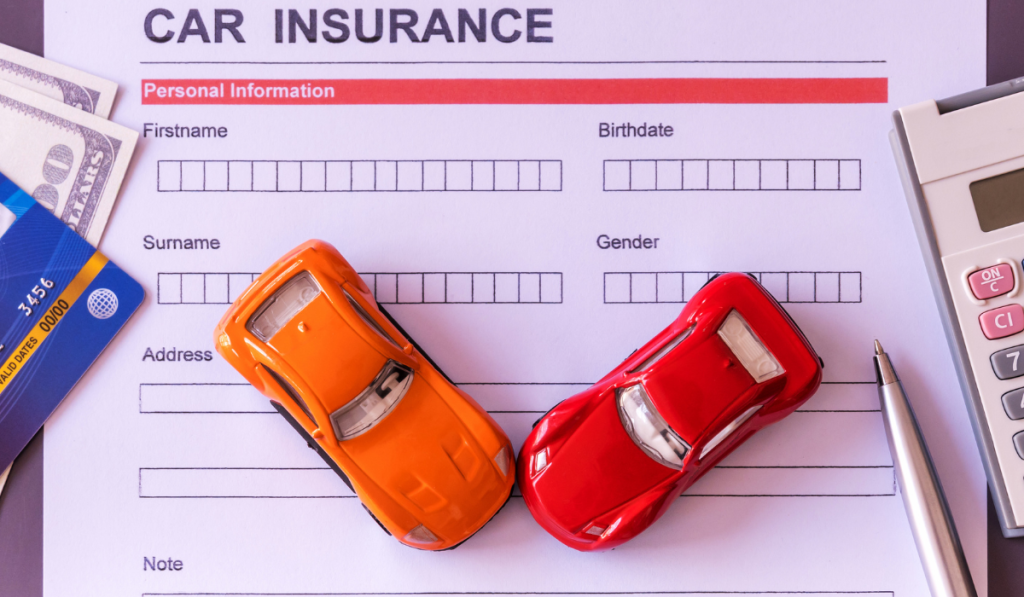Getting into an accident is never a pleasant experience. Even minor fender benders can cause headaches when it comes to car repairs and dealing with insurance. One question that often comes up is whether to file an insurance claim or pay for damages out of pocket. There are pros and cons to each option, so it’s important to carefully consider your specific situation.
Paying Out of Pocket
You may want to pay for repairs yourself if the damage is relatively minor. Things like small dents, paint scratches, cracked taillights, and windshield chips often cost less than your insurance deductible anyways. Your rates won’t go up if you don’t file a claim, so you can avoid impacting your insurance record for small aesthetic issues.
However, if the damage is more significant like a bumper replacement or body work, it’s often better to file a claim. The repairs might run over $1,000 or more, making your out-of-pocket costs substantial. Also keep in mind that collision damage waives your deductible if another driver is deemed at-fault in the accident. So you could potentially get repairs covered 100% by your insurer if it wasn’t your fault.
Filing an Insurance Claim
In the case of major vehicle damage, filing an insurance claim is likely your best option. This includes situations where your car is totaled and needs extensive body work. Comprehensive claims for things like theft, flooding, or animal damage also often make sense to file.
The downside is that filing a claim can cause your insurance rates to go up at renewal time. Multiple claims within a few years can also lead to you getting dropped by your insurer altogether. That’s why it’s important to think twice about filing for minor damage.
Factors to Consider
Here are some things to think about as you decide whether or not to file an insurance claim:
- Is the damage more or less than your deductible? If it’s significantly under, paying out of pocket may be smarter.
Will the claim cause your rates to increase? Look at your insurer’s threshold for rate hikes.
Who is at fault for the accident? Claims where you are not at fault often don’t impact your premiums.
Does the damage impact the safety or functionality of your vehicle? If so, filing a claim is usually recommended.
Can you afford the out-of-pocket costs comfortably? If not, submit a claim to avoid financial strain.
How old is your vehicle? You may not want to file a claim for minor damage on an older car.
How many claims have you filed recently? Too many claims in a short timeframe will make your rates skyrocket.
Consult Your Insurance Agent
If you’re on the fence about whether or not to file an insurance claim, consulting your agent can help. They can provide perspective on how the claim may impact your policy and premiums. Some insurers offer “accident forgiveness” on your first claim as well. Your agent can also advise you on the best repair shops in your area to use if you do submit a claim.
Conclusion
The decision ultimately depends on your specific accident situation, policy details, damage incurred, and financial considerations. Weigh the pros and cons carefully before making a decision. Being strategic about insurance claims can save you money and headaches down the road.




